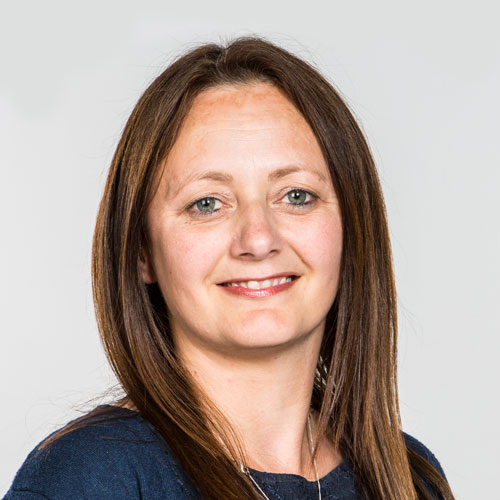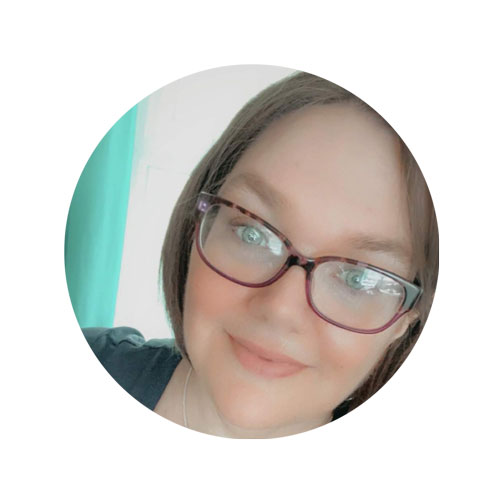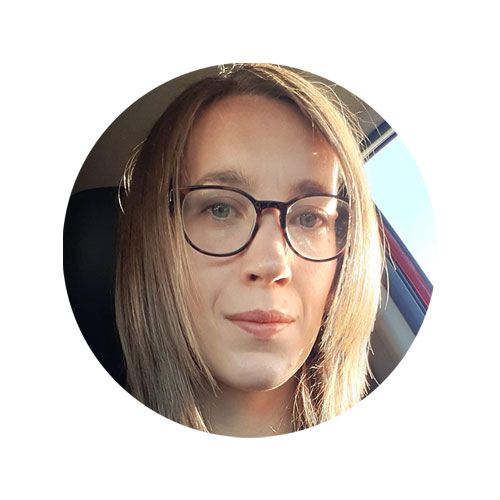
Lindsey Watson
HudCRES
On the 17th of February 2021, final year Childhood Studies BA(Hons) students presented their own empirical research at the 6th Annual ‘Finding a Voice’ conference. The conference takes place over one day and is the final assessment on the student’s ‘Finding a Voice: Children and Young people module’. The Childhood Studies BA(Hons) course is underpinned by the notion of voice and throughout the course students are challenged to interrogate concepts such as agency, autonomy, children’s rights, empowerment and participation. The ‘Finding a Voice’ module is a bringing together of the student’s knowledge and perspectives. Yet it accomplishes much more than this, it challenges them to apply knowledge, and as the United Nations Convention of the Child (Unicef, 1989) suggests, to consider children and young people’s active participation in matters that are important to them.
The day began with an opening speech from Professor Hazel Bryan, Dean of the school of Education and Professional Development. Hazel welcomed students, staff and guests to the adapted online format of the conference, which this year took place through Microsoft Teams. Hazel also introduced the Keynote speaker, Professor Kate Wall from Strathclyde University. Kate’s research includes innovative pedagogies, research methodologies and exploration of democratic spaces. Kate’s research feeds into the ‘Finding a Voice’ module, which draws on Look who’s talking: Eliciting the voices of children from birth to seven, an international seminar series funded by the University of Strathclyde. Kate’s extremely well received Keynote explored notions of voice, empowerment and participation, providing stimulating fuel to inspire and motivate students.
The guest speaker was great and very informative, it was lovely to hear how different research had been done to understand the importance of voice, and to gain more knowledge on how as practitioners we can empower voice going to our careers. The staff team put a tremendous amount of effort into making the day successful and it’s an enjoyable experience that I will always remember.
Jodie-Lee Watts, Childhood Studies BA (Hons) student
The conference then moved to nine chaired online sessions where approximately 70 students presented their research. These are just two examples:
Mel Wainner
My research centred around how children and young people are heard when voicing their emotions at home within the context of article 12 of the UN Convention on the Rights of the Child. As a parent, I was particularly interested to find out how we can meaningfully encourage a home environment that empowers the voice of the child whilst balancing parental rights and responsibilities.

The participants in this study were 5 siblings from one family group aged 9-17. Fully involved as fellow researchers, the siblings told their own stories through images, poetry, and song and they highlighted the importance of having appropriate space, place, and audience. Bringing their experiences alive in animated conversation, the siblings reflected honestly on family life. It was clear that the family were confident about expressing their emotions due to the open, non-judgemental environment at home. Knowing that someone would listen empowered the children to talk openly about things that matter to them. Similarly, as fellow researchers, they were empowered to voice their opinions through creative methods to share and celebrate their experiences through meaningful participation.
Having the opportunity to research the lives of children and young people and presenting at the Finding a Voice conference has been a highlight of my time at university.
Whilst the pandemic meant that the conference was not able to take place on campus, being part of a collaborative event online seemed to encapsulate the unique time that we are living in. The research that was presented was inspirational, and I feel honoured to have been part of an event that celebrated the individual voices of children and young people as “experts in their own lives” (Leonard, 2016, p. 29)
Claire Parr
The Finding a Voice module was unique and enjoyable. For the first time, we were able to focus on a subject of interest to us personally, and to design and conduct research ourselves, rather than only using the research of others.

As a mum of three young children, I have seen first-hand the effects of the Covid-19 pandemic on children and their development. I also witnessed their frustration at not being able to communicate freely with friends and teachers and the feelings of isolation that this brought. This was the inspiration for my project.
I wanted to give children an opportunity to have their voices heard, as is their right stipulated in the UNCRC Article 12 (UNICEF, 1989). I wanted them to know that their experiences were not worthless and empower them to share in order to potentially direct change in the way adults might plan to support their education, development, and future. I recruited a group of six 8-9 year olds as ‘Investigators’ tasked with helping me, another ‘Investigator’, to understand better their experiences of lockdown and home-learning. They participated in two ways: firstly, through an online focus group and secondly, they each designed a story-board of their time in lockdown from March to July 2020.
Investigating the experiences of the six children during this unique time was a privilege. They had so much to share and were bold in offering their thoughts and opinions.
This experience has made me more passionate about creating opportunities to hear from children in a meaningful way and I hope to continue to champion this as I move forward into a career in Primary teaching. The conference provided an opportunity to share this passion with the other students on the Childhood Studies course, as well as the staff, and to hear the interesting research of other students too. This was a great day and a great opportunity, and even though the conference was online, those involved shared passionately about their work with children and young people.
‘Students' presentations included many fine examples of child-centred research practice. Children’s rights – to play, learn and express their views – were a key focus of the day, with a range of carefully considered methods to support, and critically reflect on, children’s participation and voice’.
Professor Helen Lomax, who closed the conference
The conference was a successful accumulation, application and demonstration of the wonderful research the Childhood Studies BA(Hons) students have completed within the 'Finding a Voice' module. It was a coming together and a celebration of ‘childhood’, the essence of the Childhood Studies BA(Hons) vision. We are so proud to have such inspirational students!
More information about the Childhood Studies BA(Hons) course.



